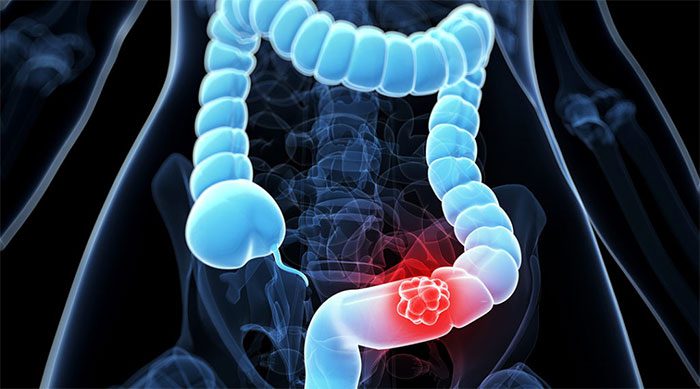Scientists have discovered that when the probiotic bacterium Escherichia coli Nissle is present in the intestines, it prefers to reside in lesions that are precursors to colorectal cancer and colorectal tumors.
A team of researchers from Australia has made a breakthrough in finding a method to detect colorectal cancer without the need for stool tests.

Modifying a probiotic bacterium to help early detection of colorectal tumors.
Currently, colorectal cancer can only be diagnosed through fecal occult blood testing (FOBT), which seeks traces of blood not visible to the naked eye in stool samples.
In a new study published on January 24, a group of scientists from the South Australian Health and Medical Research Institute, the University of Adelaide, and partners at Columbia University in the United States discovered a way to modify a probiotic bacterium to aid in the early detection of colorectal tumors.
The probiotic bacterium Escherichia coli Nissle was first identified by German physician Alfred Nissle during World War I and has been used to treat gastrointestinal disorders.
The research team, led by Australian scientists, found that when the probiotic bacterium Escherichia coli Nissle is present in the intestines, it prefers to colonize lesions that are precursors to colorectal cancer and colorectal tumors.
As a result, the team modified the bacteria to release molecules that serve as markers for identifying early-stage cancers.
Susan Woods, the lead author of the study, noted that this breakthrough could help diagnose colorectal cancer earlier and without invasive procedures.
Once the tumor location is identified, the bacteria will secrete a signaling substance that can be detected in urine.
In the future, the research team aims to detect this marker in blood tests.
According to the Cancer Council Australia, colorectal cancer is the fourth most common cancer in the country, with an estimated 15,300 diagnoses in 2023. The average age for diagnosis is 69 years.
Australia has a National Colorectal Cancer Screening Program, which provides free FOBT kits to individuals aged 50-74 to be conducted at home every two years.



















































